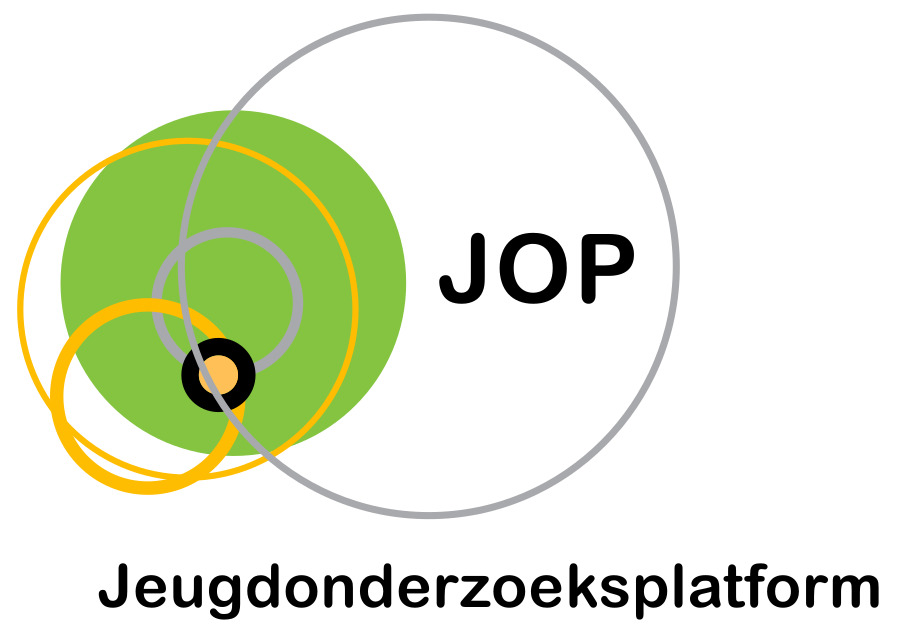“You talking to me?” The influence of peer communication on adolescents’ persuasion knowledge and attitude towards social advertisements.
Auteurs
Zarouali, B., Poels, K., Walrave, M., & Ponnet, K. (2018).

Abstract
This article examines how peer communication among adolescents (14–16 years) affects the evaluation of social advertising (i.e. targeted ad that adopts the social proof heuristic by using an individual’s social ties as endorsers for a brand) on social networking sites (SNSs). More precisely, the focus lies on how engaging in online peer chatting on these social platforms alters persuasion knowledge and attitude towards the ad. In order to test this, two between-subjects experiments were conducted in which adolescents chatted with peers on a mock SNS that contained a social ad. In Experiment 1, results reveal that a social ad generates a more positive attitude among adolescents when they have engaged in online peer communication, and at the same time, triggers less persuasion knowledge. In Experiment 2, the depth of the relationship between the chatters (tie strength) plays a significant moderating role as peer communication with strong ties yields greater effects, compared to communication with weak ties. These findings reveal important social influence dynamics that may alter the elaboration of persuasive communication, leading to valuable theoretical and practical implications.
In deze studie staat het effect onlinemarketing centraal, en de rol die peer communication speelt in de waardering die jongeren (14-16 jaar) hebben voor bepaalde advertenties en producten op sociale netwerksites. Er wordt een onderscheid gemaakt tussen social ads (dat wil zeggen een advertentie waarbij staat enkele van zijn vrienden dit merk of product hebben geliket) en non-social ads (traditionele advertenties voor een merk of product). Naast de waardering voor een advertentie, kijken de onderzoekers ook naar hoe kritisch de houding van de respondenten is ten opzichte van reclame in het algemeen (persuasion knowledge). Uit een eerste experiment (N=132) blijkt dat social ads meer positiever worden geëvalueerd wanneer er kort daarvoor online communicatie met de peers die het product ‘liketen’ heeft plaatsgevonden. Voor non-social ads geldt dit niet. Uit het tweede experiment (N=138) blijkt eveneens dat dit effect groter is naarmate de peers elkaar beter kennen. Jongeren zijn eveneens minder kritisch op de reclame wanneer hun vrienden dit eerder geliket hebben.
Referentie
Zarouali, B., Poels, K., Walrave, M., & Ponnet, K. (2018). “You talking to me?” The influence of peer communication on adolescents’ persuasion knowledge and attitude towards social advertisements. BEHAVIOUR & INFORMATION TECHNOLOGY, 37(5), 502–516.
Taal
Engels
Publicatievorm
Tijdschriftartikel
ISBN – DOI
10.1080/0144929X.2018.1458903
Trefwoord(en)
Adolescents; social networking sites; peer communication; social advertising; persuasion knowledge; attitudes
